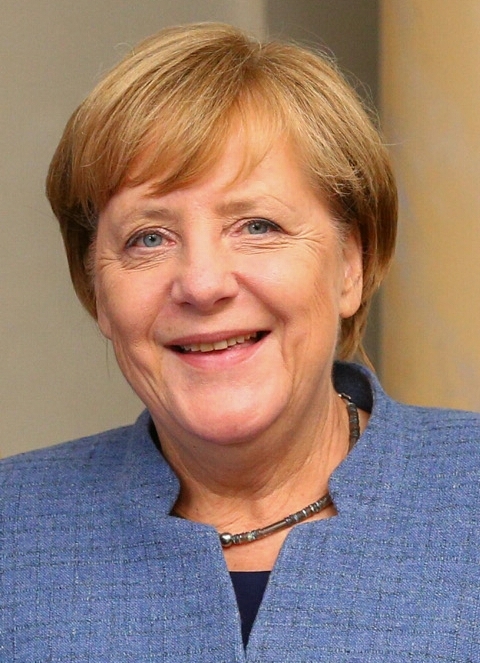RCV would have produced a different flock of candidates.Again, I invite you to look at the 2016 GOP field and tell us how RCV would have turned out a superior candidate.
RCV punishes divisive candidates and rewards those who seek consensus. You seem to think that's a bad thing. It's not.


